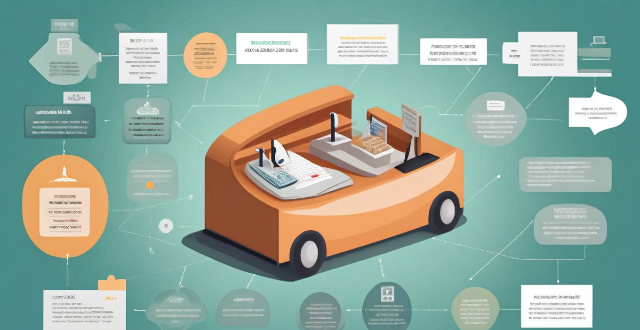Credit monitoring is the process of tracking and analyzing a borrower's credit history, including payment behavior, outstanding debts, and changes in credit scores. It is important for early warning signals of potential default or delinquency, accurate risk assessment, fraud prevention, customer relationship management, and compliance with regulations. By continuously monitoring a borrower's credit history, lenders can update their risk assessments, prevent fraud, tailor their products and services to better meet their customers' requirements, and ensure they are meeting regulatory requirements.

Credit Monitoring
Credit monitoring is the process of tracking and analyzing a borrower's credit history, including payment behavior, outstanding debts, and changes in credit scores. It involves regularly reviewing the borrower's financial information to identify any potential risks or issues that may affect their ability to repay loans or manage their finances effectively.
Why is Credit Monitoring Important in Credit Management?
Early Warning Signals
Credit monitoring helps lenders to identify early warning signals of potential default or delinquency. By monitoring a borrower's credit history, lenders can detect patterns of late payments, increased debt levels, or other red flags that may indicate financial difficulties. This allows them to take proactive measures to prevent defaults and minimize losses.
Risk Assessment
Credit monitoring is essential for accurate risk assessment. Lenders use credit scores and other credit-related data to evaluate a borrower's creditworthiness and determine their likelihood of repaying loans on time. By continuously monitoring a borrower's credit history, lenders can update their risk assessments and adjust loan terms accordingly.
Fraud Prevention
Credit monitoring also plays a crucial role in preventing fraud. By regularly reviewing a borrower's credit activity, lenders can quickly detect any unauthorized transactions or suspicious activity. This enables them to take immediate action to protect both the borrower and themselves from financial losses due to fraud.
Customer Relationship Management
Effective credit monitoring can also enhance customer relationships by providing personalized services and offerings based on a borrower's credit history. By understanding a borrower's financial needs and preferences, lenders can tailor their products and services to better meet their customers' requirements.
Compliance with Regulations
Finally, credit monitoring is essential for compliance with regulatory requirements. Lenders must comply with various laws and regulations governing lending practices, including fair lending laws and consumer protection laws. Credit monitoring helps lenders ensure they are meeting these requirements and avoiding legal liabilities.
In summary, credit monitoring is a critical component of effective credit management. It provides lenders with valuable insights into borrowers' credit histories, enabling them to make informed decisions about lending practices, risk assessment, fraud prevention, customer relationship management, and compliance with regulations.